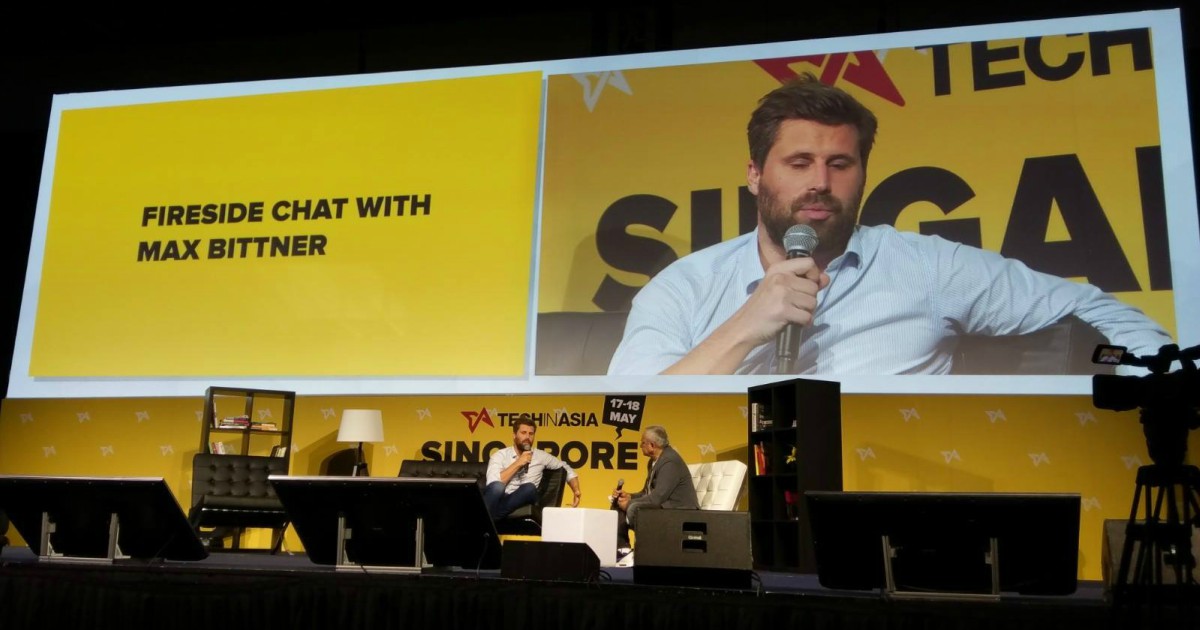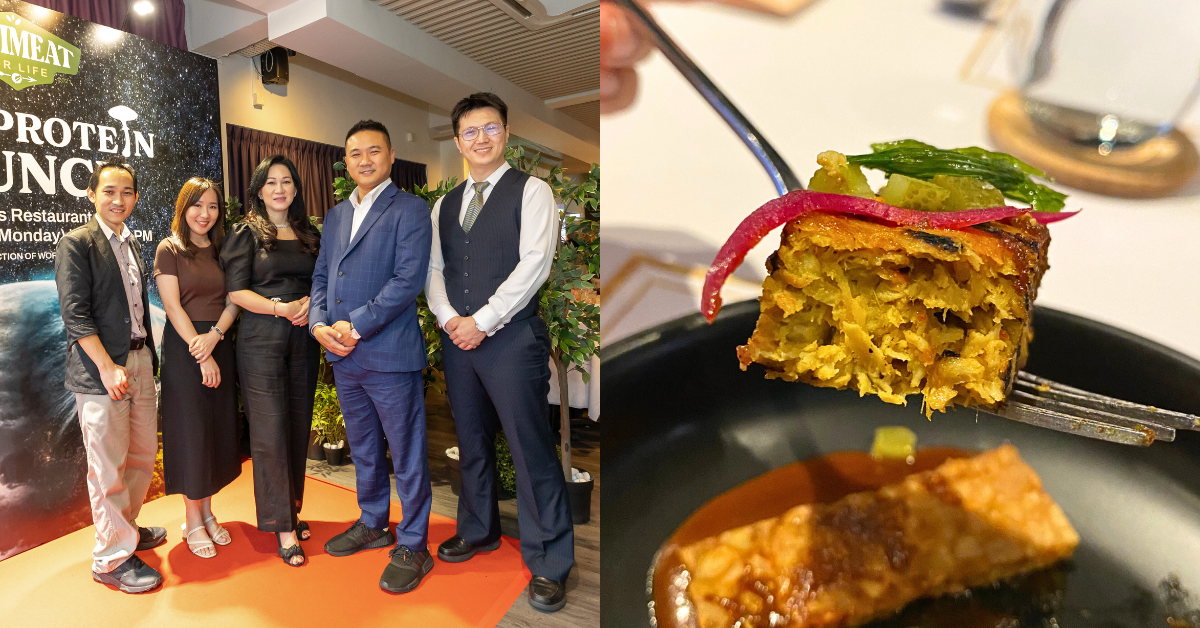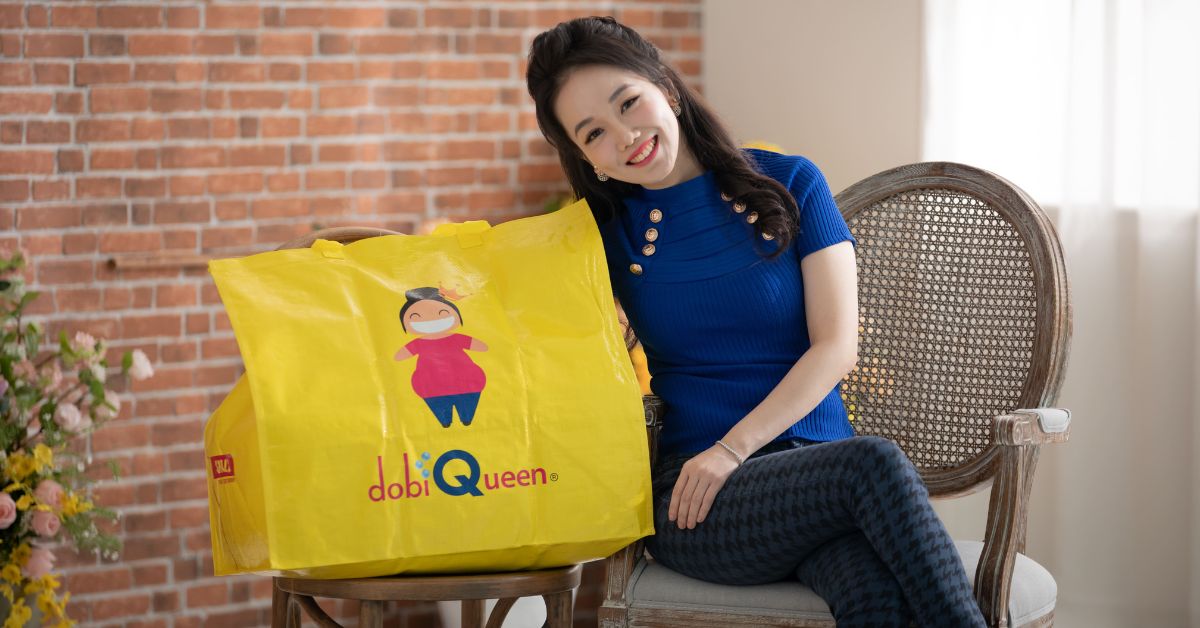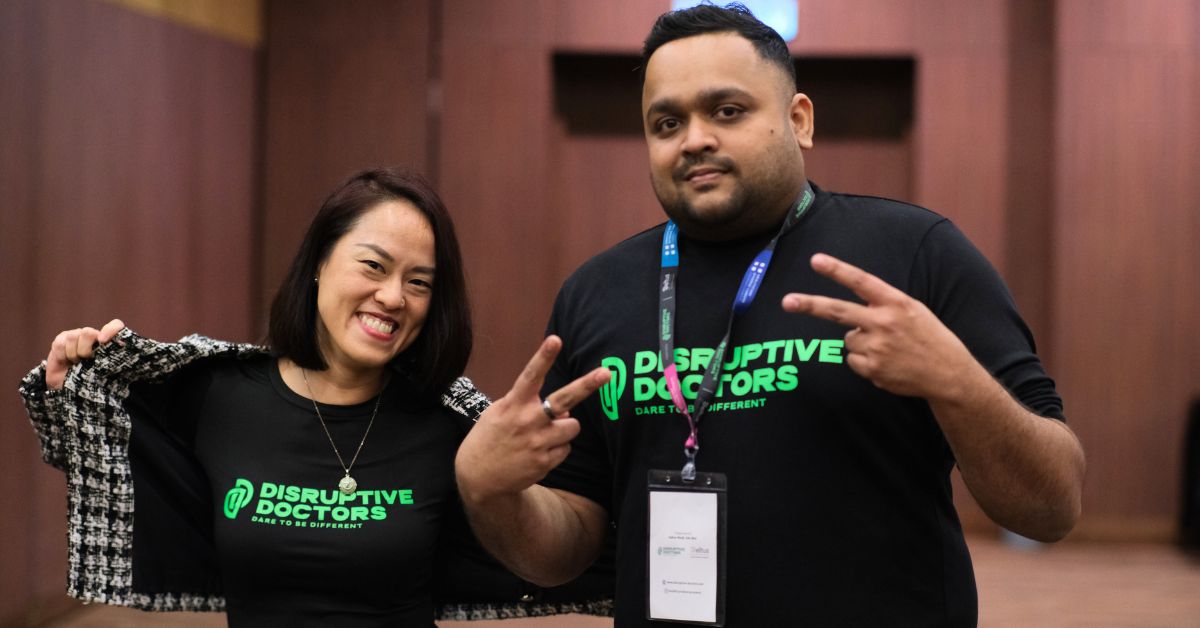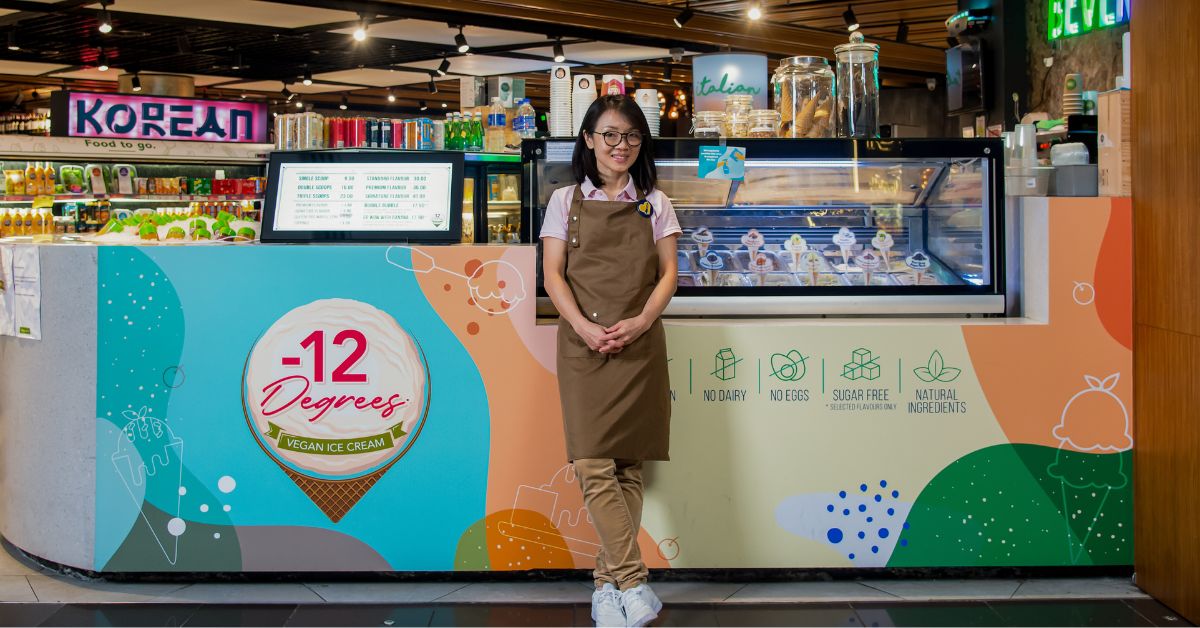The Lazada-Amazon war has been hotly discussed, but Lazada founder and CEO Maximilian Bittner has his sight on larger things. That doesn’t mean that he has forgotten about Amazon’s pending arrival in Singapore however.
“I think it’s next Friday, they’re launching. It’s really secret,” Bittner says, as he acknowledges that LiveUp was launched as a pre-empt.
“We heard May 28, but let’s see. They’ve been delayed before, but maybe this time they’ll get it right.”
But the CEO was quick to move on to the larger picture – namely conquering the SEA region.

Unifying A Fragmented Market
SEA is unlike any other market, and is considered difficult to conquer due to its highly fragmented nature – each country speaks different languages, cultures and policies.
But when Lazada first took off, they launched in 5 markets simultaneously.
“The one thing that’s really striking is the lack of assortment, local or international,” says Bittner. That was the problem they zero-ed in on.
Lazada creates a space that can “bridge the gap between the opportunity of e-commerce and the opportunity of the region, with the complexity of the fragmented region.”
“The region is fragmented but geographically so close, [so] we give a one-stop access for brands to enter SEA, and not have to prioritise Philippines, Thailand and Indonesia.”
In addition, the multiple launch approach helped them overcome the economies of scale of each country, as they were able disperse costs in “IT and pure functional knowledge.”
“This allowed us to be much more aggressive.”
The question should not be on multiple markets, but why others are only in 2 to 3 markets, he says.

Focusing On The Fundamentals
One of the main benefits of having Jack Ma’s backing is their newfound ability to “stop playing the game,” says Bittner.
While his competitors are fighting for market share through funding-exhausting campaigns, Lazada is able to concentrate on more important things – the fundamentals of the business.
“All these guys still need to do a lot of fundraising, and we’re much more focused on building the fundamentals.”
Referring to historical trends of e-commerce, Bittner says that people tend to move from C2C to B2C. As such, they are laser-focused on developing their core pillars, working with brands and merchants to scale them locally and regionally, as well as building relationships with other big businesses.
Their logistics network is also one of the regions’ largest, he adds, and it also enriches their competitive advantage.
“And we will continue to invest because fundamentally it’ll come down to us providing the most unique offering and best customer service. While competitors focus on providing everything for free, in the long term, [ours] is the more sustainable one.

The Alibaba Love Story
Jack Ma might have invested $1billion in them, and Taobao is already on Lazada’s platform, but that doesn’t mean Bittner is about to relinquish control. Lazada maintains stringent quality checks on both products and merchants, and these are extended to Chinese products.
“Lazada does not take 30seconds to put a product online, it’ll take a few days.”
But their close relationship also comes with plenty of perks, and not just in secure funding.
“We have access to the best merchants in China – and Alibaba knows who the best, most reliable ones are. We also work very closely with their logistics network Cainiao to tie in [our] logistics network – it’s seamless and very hard to match in SEA.”
On the brand side, Bittner reveals that they also work very closely with Alibaba network, a network that consists of the biggest brands of the world.
“We have discussions globally on what the brands might look for.”
On the tech forefront, they are able to tap onto and integrate into their own platform Alibaba’s tools and data, all while Bittner encourages his staff to learn from the talents Jack Ma has selected.
Scaling Globally
“At the moment, [we] are focused on SEA. At the speed at which we’re growing, there’s still a huge amount of things that still go wrong, I think it’s going to take some time for us to stabilise.
[And] with the 650 million consumers in SEA, we still have a lot of work on our hand.”
Featured Image Credit: Tech in Asia
